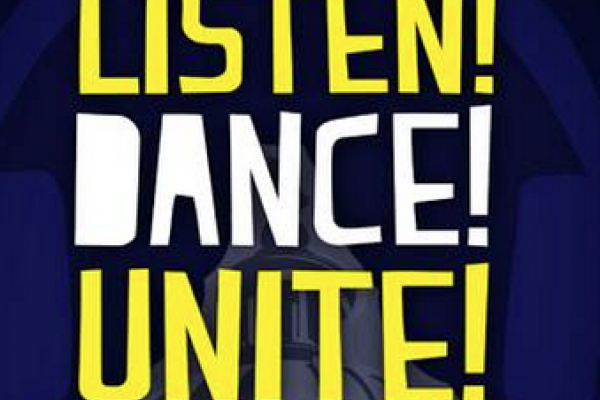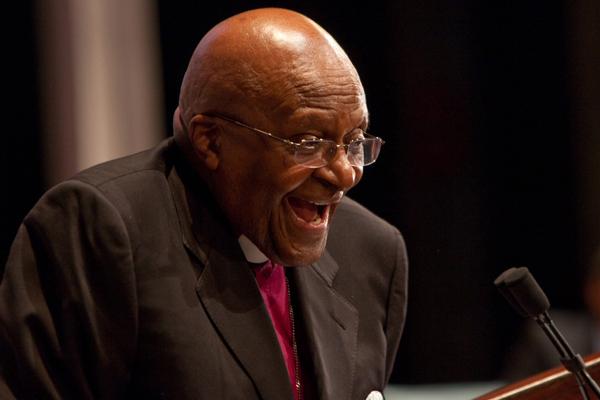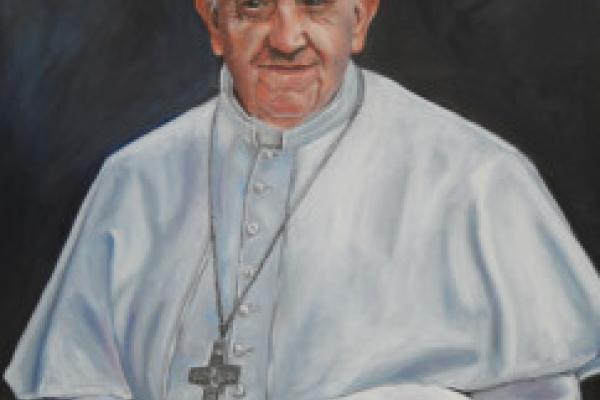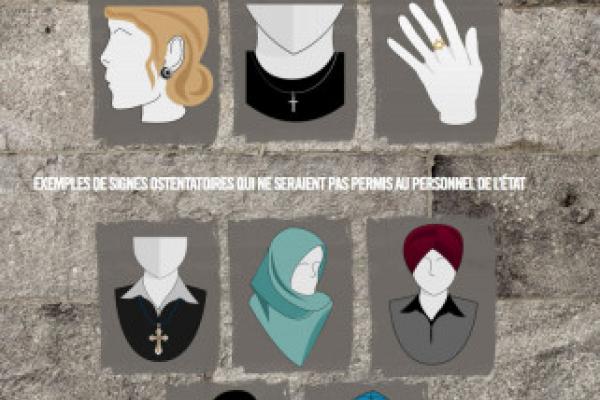Last night, the United States Capitol building overlooked an unusually frolicsome scene: a DJ spinning Rihanna and Calvin Harris, glow sticks bobbing on wrists and ankles, and dozens of young people dancing across the soggy West Lawn.
“It’s not the craziest thing we’ve seen at the Capitol,” said a police officer observing the after-sundown boogie. “But I don’t really know what’s going on. I think it’s some kind of Christian dance party.”
The event, billed by organizer Two Planks Productions as the “first-ever dance party held on the grounds of the U.S. Capitol”, sought to bring unity to the nation’s divided capital and “put people over politics” through a night of dance music hosted by Washington DJ Stylus Chris. More than one hundred dancers, including some passers-by, joined throughout the night.
The decision by the Church in Wales to consecrate women bishops means the Church of England — the mother church of the worldwide Anglican Communion — will be the last in Britain to admit women as bishops.
Cheers erupted in a hall at Lampeter, Ceredigion in Wales, when the 144-member governing body of the Welsh church announced the result of the vote on Thursday. A similar bill failed narrowly in 2008.
A new public campaign in India uses powerful images of three Hindu goddesses with bruised faces to raise awareness about violence against women.
The ad campaign is titled “Abused Goddesses” and portrays the beaten faces of three Hindu female deities: Saraswati, Durga and Lakshmi.
“Today more than 68 percent of women in India are victims of domestic violence,” the caption reads. “Tomorrow it seems like no woman shall be spared. Not even the ones we pray to,” the posters say.
Retired Anglican Archbishop Desmond Tutu, who won the Nobel Peace Prize for his fight against apartheid in South Africa, continues to speak around the globe on justice and peace. Butler University and neighboring Christian Theological Seminary in Indianapolis announced Thursday that they would name a center for the 81-year-old icon.
Just before the announcement of the new center, Tutu spoke with Religion News Service about faith and justice, Israel and Palestine and Pope Francis’ recent selfie and lifestyle choices. Some answers have been edited for length and clarity.
Muslim stand-up comedy is nothing new. But what makes “The Muslims Are Coming” different is that it portrays what happens when a troupe of comedians performs before red state Americans in such places as Tennessee, Georgia, Alabama, Mississippi, Florida, Arizona, Utah and Idaho.
The documentary by Negin Farsad, an Iranian-American, and Dean Obeidallah, of Palestinian-Italian roots, opened in Chicago yesterday.
The income gap in the U.S. is as wide as it has been in almost 100 years, according to a new study by UC Berkeley, the Paris School of Economics, and Oxford University. The study, based on Internal Revenue Service statistics, reports that although the Great Recession hit the top 1 percent hard, the wealthy recovered more quickly than other income groups. The L.A. Times reports:
The 1929 stock market crash that preceded the Great Depression, followed by World War II, reduced an earlier national income gap for decades. But it began to grow again in the 1970s, and has widened since.
Saez attributes the trend not just to technology and job outsourcing, but to the reduced power of progressive tax policies and unions, along with "changing social norms regarding pay inequality."
Read more here.
Pope Francis’ friendly letter to atheists, published this week by Italy’s La Repubblica newspaper, has been cheered by Catholics who welcomed another sign of the pontiff’s new openness to the world beyond the Vatican walls.
But it has also prompted some gnashing of teeth among others, who are reacting to headlines about the pope’s letter like this one in the British newspaper The Independent:
“Pope Francis assures atheists: You don’t have to believe in God to go to heaven.”
Quebec’s government this week introduced its much-discussed Charter of Quebec Values, which would ban “overt and conspicuous” religious symbols worn by government employees.
Pushing the twin ideals of secularism and separation from Canada, the Parti Quebecois’ plan would prohibit public employees from wearing large crosses and crucifixes, Islamic headscarves, Sikh turbans, and Jewish yarmulkes as a way to establish “religious neutrality” in public.
The prohibitions would apply to civil servants, teachers, law enforcement officers, firefighters, doctors, nurses, and public day care employees.






